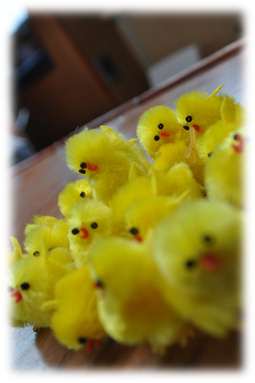Can you imagine a world without storytelling?
Take a moment and try and imagine that now. I bet you can’t.

If you could imagine such a world, it would probably bring to mind a more sterile and rigid society, where the imagination is restrained, leaving a vacuum where dreams and hope should be (I do believe there is a film out there that already explores this).
The truth is that stories are a part of human everyday life because the life of each person is their personal story.
As we learn from the adventures and experiences in our own lives, so too we learn from the stories and tales of the adventures (both real and fictional) of others. It is the compressed and emotional content of these stories that is the most fundamental benefit of storytelling for children. Stories are a fantastical reflection of life, where anything is possible!
You are already a natural storyteller…
Think about this : Could even the gossip we have over a cup of tea or a pint could be classified as a story? Whether true or false, do we not usually embellish it?
Give it added humour?
A tone of suspicion?
A pause of anticipation…
We love to deliver a juicy morsel, and to see the appreciative response, the laugh, the shock.
So, whether you know it or not, you are already a natural storyteller.
Become aware of your own natural ability, hone and finesse this skill and you’ll communicate effectively, successfully and enjoyably with your son or daughter.
Continue and discover why I should tell stories to my child.
Why should I tell stories to my child?
“…children no longer grow up within the security of an extended family, or of a well-integrated community. Therefore, even more than at the times fairy tales were invented, it is important to provide the modern child with images of heroes who have to go out into the world by themselves and who, although originally ignorant of the ultimate things, find secure places in the world by following their right way with deep inner confidence.”

Bruno Bettelheim, The Use of Enchantment
In the society we live in, “family” is very often only known to the child as the people under the roof of their home.
It is nowadays a much smaller group of people, from whom they must extract their knowledge of the world, their examples of acceptable behaviour, their moral code and their source of love.
It is our responsibility to as parents, family, educators to make up for this change in society and culture for our children.
Stories open a world where there are endless examples from which children can learn from and follow.
Stories for children are usually of three types :
- Stories that communicate messages or morals as a way of educating your child.
- Adventures designed to purely amuse and stimulate your child’s imagination.
- Tales designed to present the world “as it is”, to broaden your child’s awareness of the world around them.
All these types of stories serve a purpose, whether they are purely for pleasure, to soothe your child’s fears or to educate them. Think of a story as a vehicle between you and your child.
What you choose to load that vehicle with will impress deeply upon your child’s formative mind, so choose wisely.
Homework for becoming a better storyteller
This first lesson has some easy homework for you to become a better story teller : simply observe.
- Listen to other people reciting their experiences and put them in a “story telling” context. Listen to how the form the story. Listen to what works and what doesn’t work to make the story better/funnier/scarier/more shocking.
- Become aware of when you’re sharing your experiences with others and see if you can spot how you embelish your own tales of adventure and mischief (assuming you get up to mischief that is).
Keep an eye on your inbox for the next lesson and in the mean time, why not browse the site a little and see what other storytelling advice and ideas you can find.
Previous Sections
- Chapter 1 – Introduction to magical story telling and childrens stories
The truth is that stories are a part of human daily lives because each person’s life is their own unique story. Thank you!